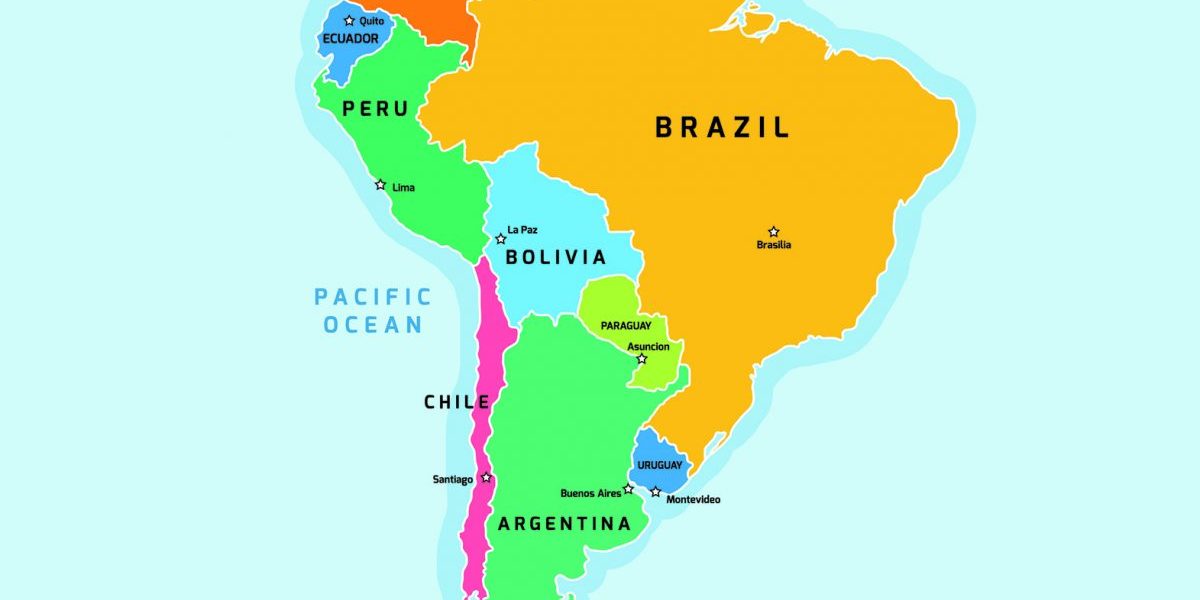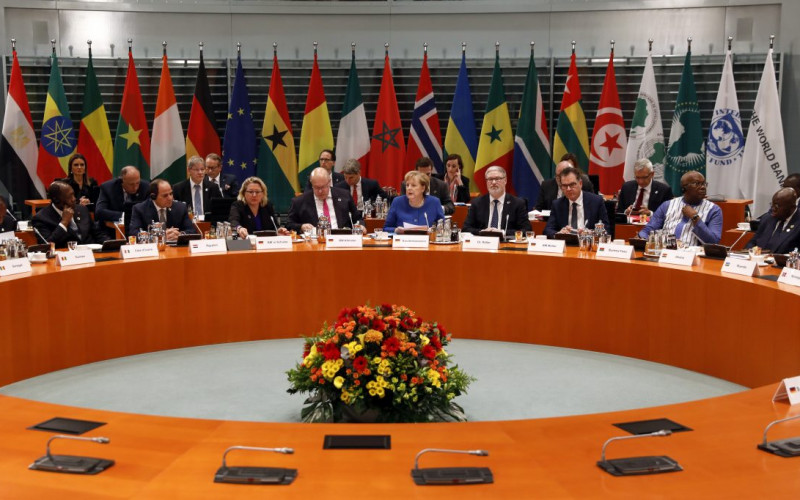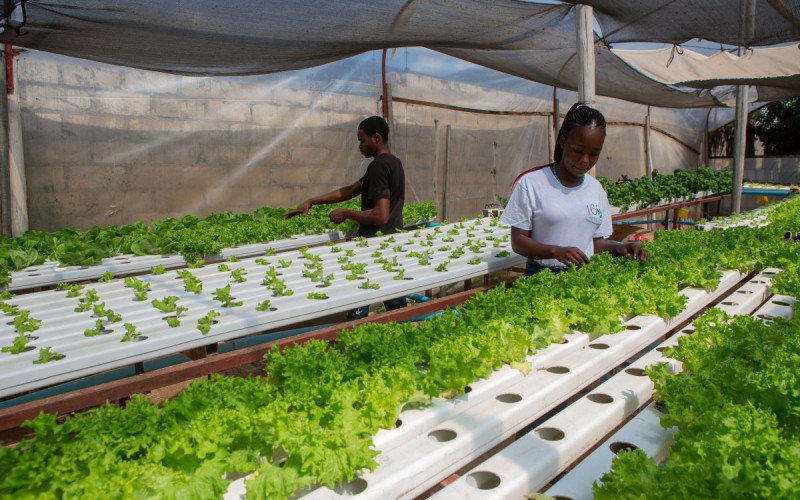Summary:
- The response of Latin American countries to the COVID-19 pandemic has been nationalistic, uncoordinated and varied in terms of effectiveness.
- Bodies like the Pan-American Health Organization have not been able to develop common approaches and initiatives to deal with the pandemic.
- The two largest economies, Brazil and Mexico, had some of the least effective policy responses to the virus and failed to either initiate or support the development of a common approach.
- Evidence suggests that strategies adopted for the Zika virus in 2016 and lessons learned from this health crisis have not been reinstated for COVID-19, which has exposed and aggravated pre-existing fault lines in Latin American societies.
- Excessive politicisation (as in the case of Brazil, Mexico and Nicaragua) and insufficient funds and resources for both healthcare and social support also hampered national responses.
- Economic consequences have been widely felt across the region, and poverty, unemployment and inequality have increased sharply.








